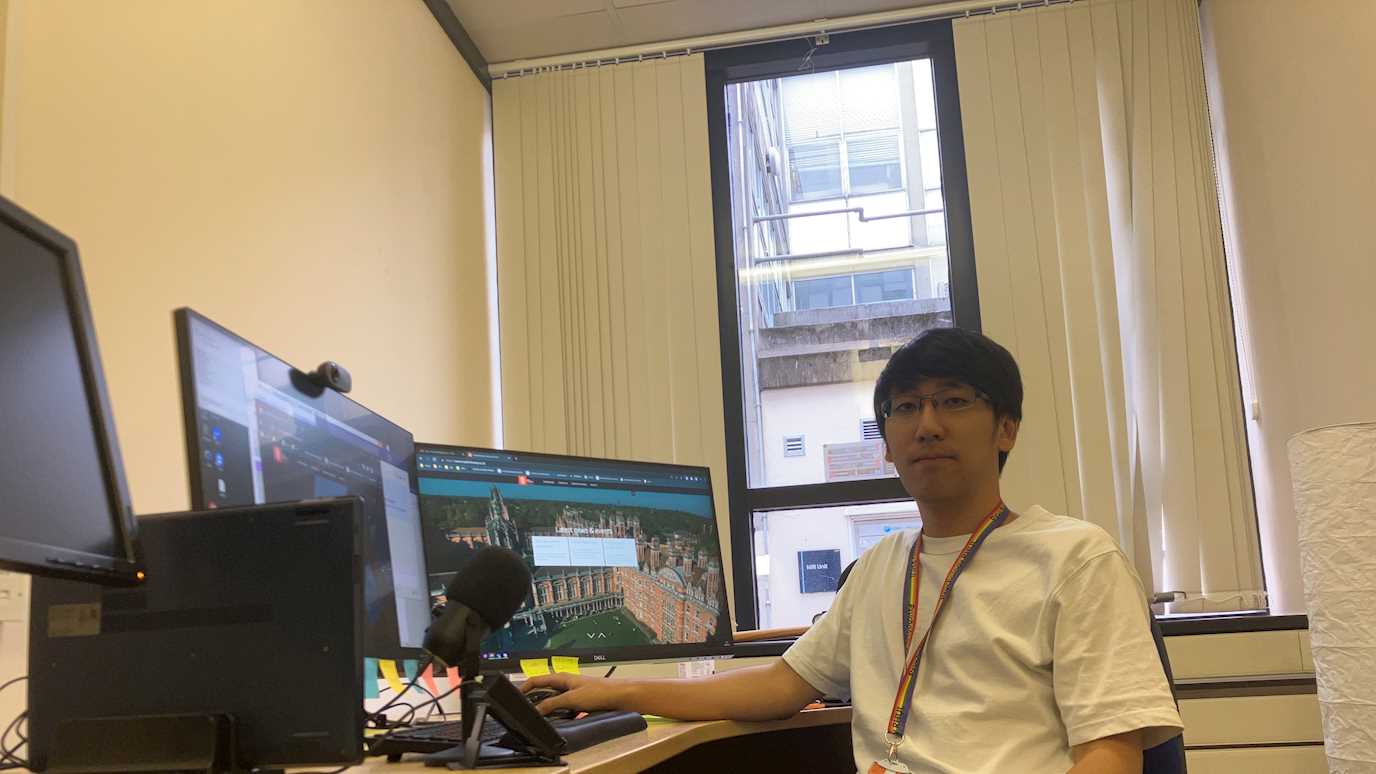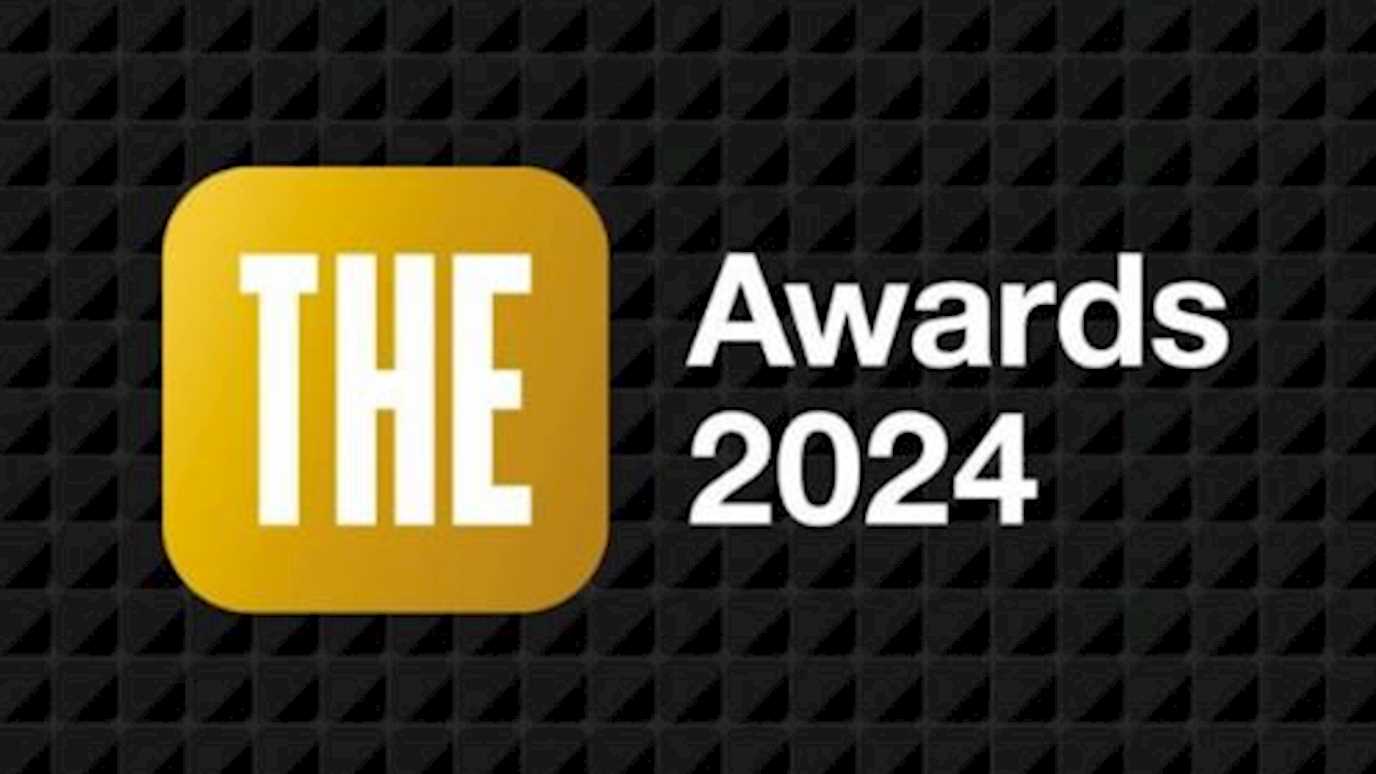Research led by academics at Royal Holloway and published in Psychological Science, contributes to an intense debate about how best to teach children to read.

Researchers from the Department of Psychology at Royal Holloway, taught adults intensively over two weeks to read in a new language, printed in unfamiliar symbols, and then measured their learning with reading tests.
The results from the study showed that providing explicit instruction on how to interpret the symbols had a dramatic impact on learning, relative to a teaching method in which learners were allowed to discover this information through reading experience.
Explicit instruction is a core feature of the phonics method of teaching children to read. Phonics is part of the National Curriculum in England, but there is debate about whether explicit instruction is necessary in learning to read, and whether pupils are able to learn simply through their experiences with text.
Professor Kathleen Rastle, from the Department of Psychology at Royal Holloway, said: “Our results were really striking. By the end of the two weeks, virtually all learners who had received explicit instruction were able to read words printed in the unfamiliar symbols.
“In contrast, despite up to 18 hours of experience with the new languages, less than 25% of our discovery learners reached the same standard, and some showed very poor learning.”
These results are relevant to plans to help children catch up on their learning following recent school closures.
Professor Rastle continued: “Initial reports suggest that school closures during the pandemic have had a substantial negative impact on children’s reading attainment.
“Reading is the foundation for children’s learning throughout their schooling; for this reason, the learning loss that we are seeing is very concerning and has the potential for lifelong consequences.
“The provision of evidence-based instructional methods has never been more important. Our research highlights the significance of explicit instruction in ensuring that all pupils have the opportunity to develop strong reading skills.”
























